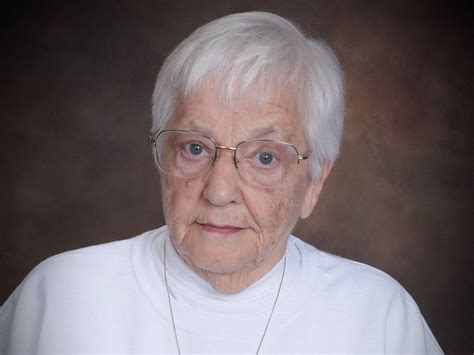A Quote by Munira Mirza
If white people are constantly told how culturally different their Asian neighbors are, and if Asians are told to be vigilant against white racism, both groups might conclude that they have little in common and much to fear from their neighbours.
Related Quotes
We are still conditioning people in this country and, indeed, all over the globe to the myth of white superiority. We are constantly being told that we don't have racism in this country anymore, but most of the people who are saying that are white. White people think it isn't happening because it isn't happening to them.
In the U.S., while individual whites might be against racism, they still benefit from their group's control. Yes, an individual person of color can sit at the tables of power, but the overwhelming majority of decision-makers will be white. Yes, white people can have problems and face barriers, but systematic racism won't be one of them.
I see racism as institutional: the rules are different for me because I'm black. It's not necessarily someone's specific attitude against me; it's just the fact that I, as a black man, have a much harder time making an art-house movie and getting it released than a white person does about their very white point of view. That's racism.
The problem is that white people see racism as conscious hate, when racism is bigger than that. Racism is a complex system of social and political levers and pulleys set up generations ago to continue working on the behalf of whites at other people's expense, whether whites know/like it or not. Racism is an insidious cultural disease. It is so insidious that it doesn't care if you are a white person who likes Black people; it's still going to find a way to infect how you deal with people who don't look like you.
I started asking friends, my white friends around, I said, "What's something that you think all Asians have in common?" They almost always immediately said, "Slanted eyes." I thought that's really interesting. No. 1, it simply isn't true. Not all Asian Americans have slanted eyes, and of course, Asians aren't the only ethnic identities to have them. No. 2, we could talk about our slant on life and what it's like to be people of color, while at the same time, using this outdated and obscure racial slur, and turning it on its head.
White privilege is the other side of racism. Unless we name it, we are in danger of wallowing in guilt or moral outrage with no idea of how to move beyond them. It is often easier to deplore racism and its effects than to take responsibility for the privileges some of us receive as a result of it... Once we understand how white privilege operates, we can begin to take steps to dismantle it on both a personal and institutional level.
This film isn't about "white racism", or racism at all. DEAR WHITE PEOPLE is about identity. It's about the difference between how the mass culture responds to a person because of their race and who they understand themselves to truly be. And this societal conflict appears to be one that many share.



































